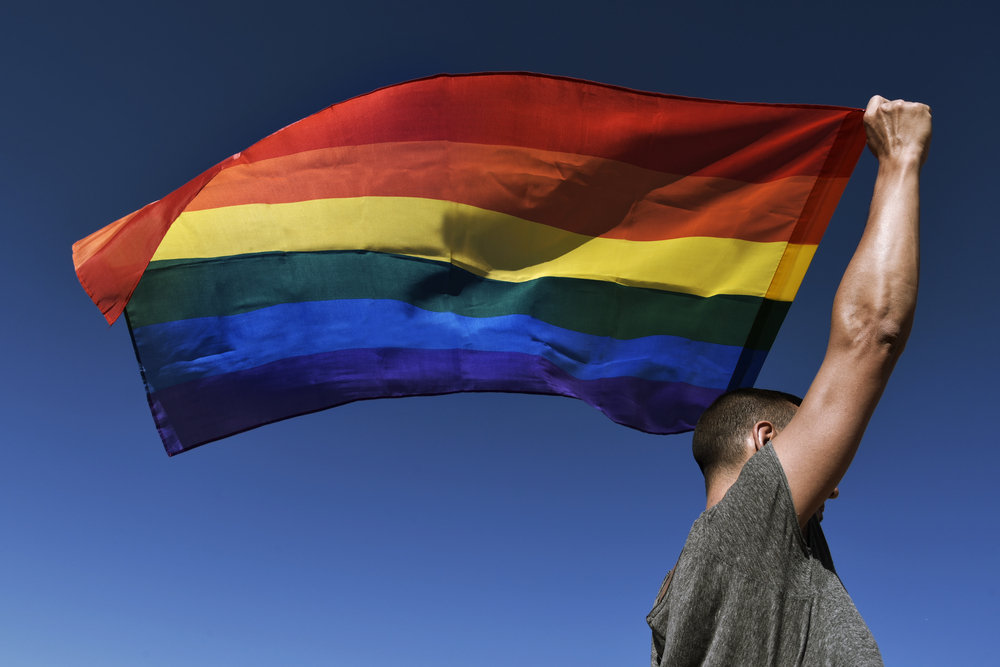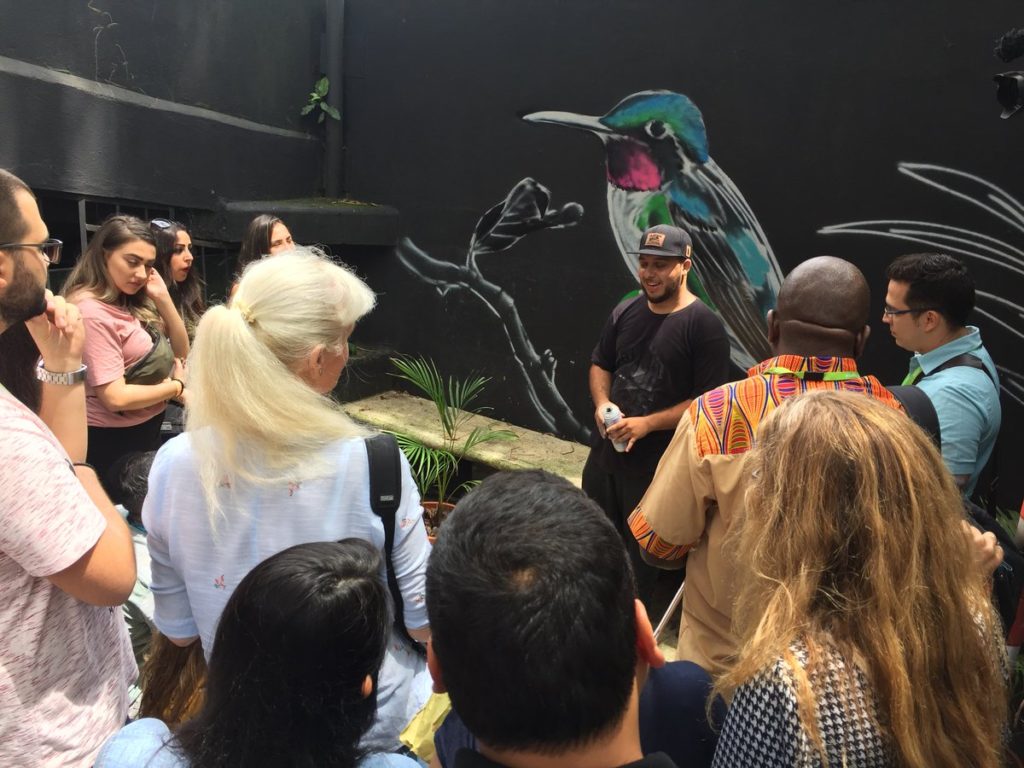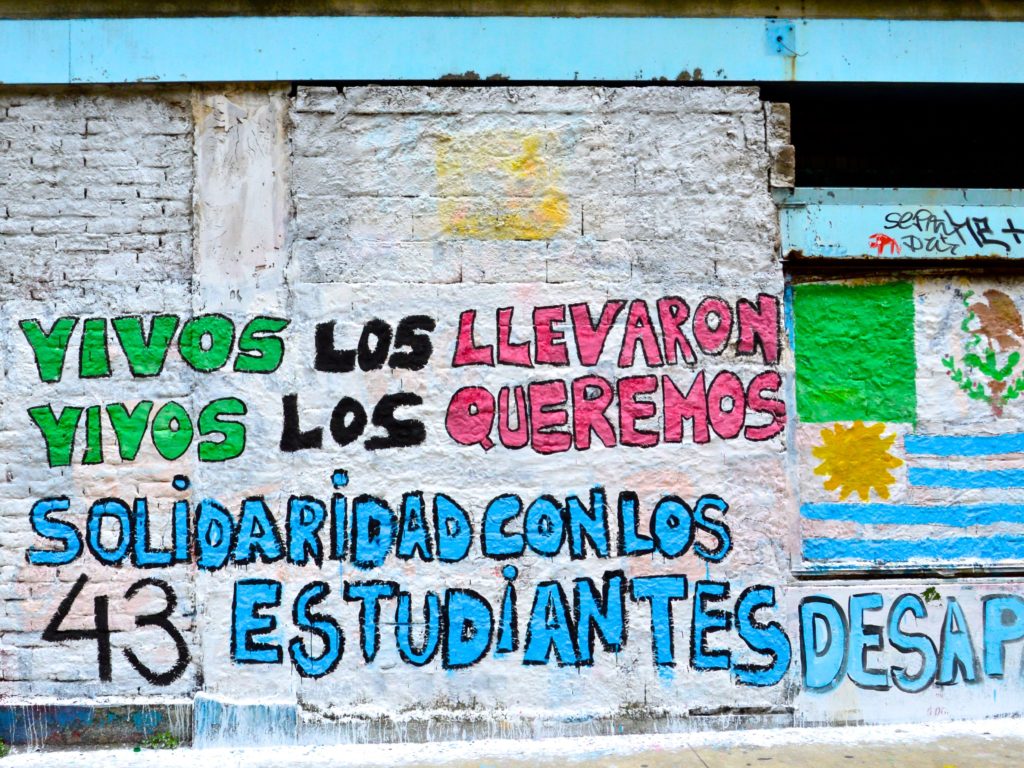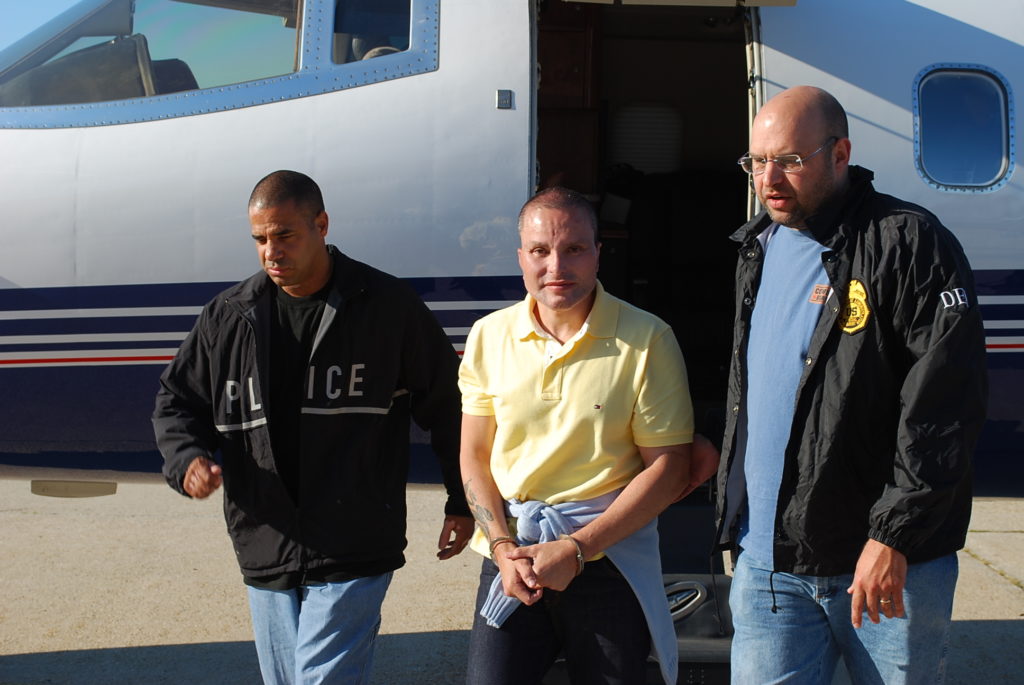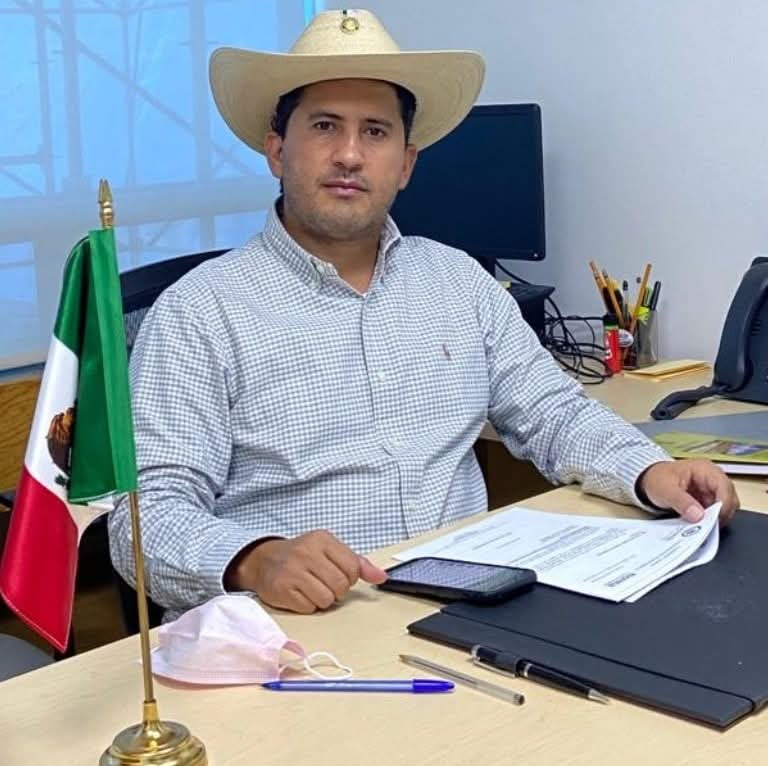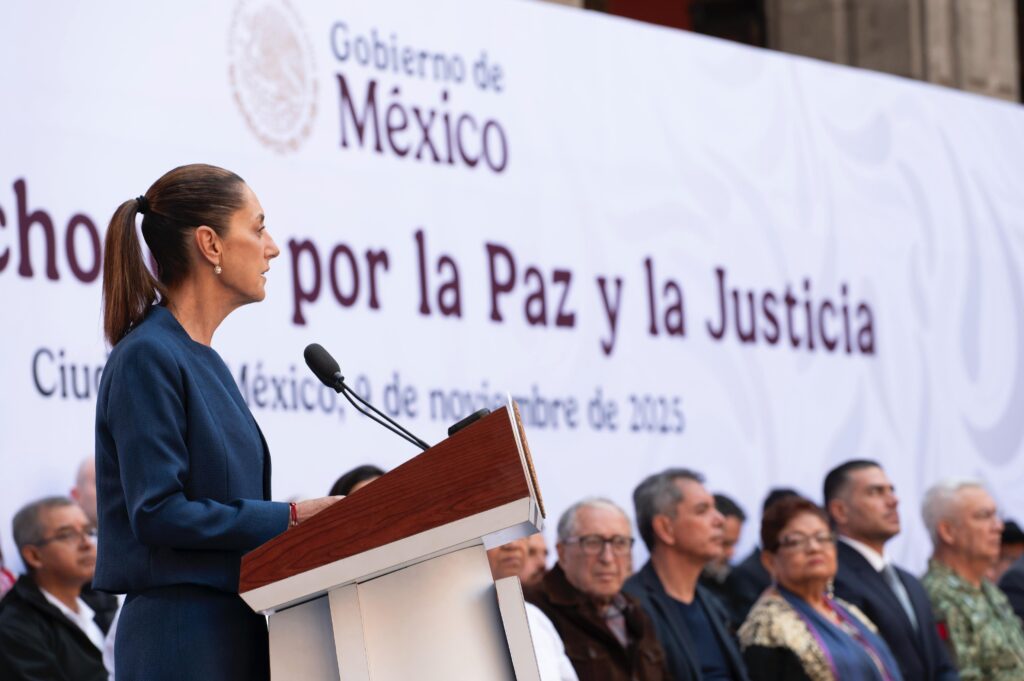Twenty-five-year-old transgender beauty pageant winner, Michell Rodríguez Sánchez, remains missing having disappeared from the Ermita Zaragoza neighbourhood of Mexico City over two weeks ago on August 28. Her family, as well as the pageant organisers, remain hopeful that she will be located alive, however, the disappearance comes amidst increased violence targeted at the transgender community across Mexico.
Originally from Tabasco, Rodríguez Sánchez had won the Miss Trans Star Mexico 2018 contest back in April and was expected to shortly travel to Spain where she would represent her country in the international Miss Trans Star competition. As pageant winner, she had remained an influential and enthusiastic member of the LGBTQI+ community and was excited to be going forward to represent her country in Europe.
Last seen wearing a white sweatshirt, blue jeans and an orange bag in the Iztapalapa Delegation of the capital city, the Support Centre for Missing Persons (CAPEA) was informed of the disappearance by her family as well as the Trans Identity Support Centre and the hunt for information regarding the queen’s whereabouts remains ongoing.
Like many parts of the world, the approach towards transgender people has changed over the years and despite the deaths seems to allow for more acceptance. However, Latin America still maintains deep-seated religious and social expectations that blur the lines of sexual freedom and intolerance in various parts of the country.
One of the most pressing cases that came from Mexico was that of a spree of murders in the early 90s in Tuxtla Gutiérrez, Chiapas saw at least 11 transgender sex workers. The case was firmly brought into the limelight, not just because of the heinous crimes, but of more importance was the suspected police involvement, coverups and violent interview methods. Laws have been put in place that provides increased recognition towards the transgender community, for instance in 2004 the ability to change gender and name on birth certificates was legalised and in 2006 same-sex civil unions began to be practised, though still a lengthy process. However, it appears that police protection of this section of the Mexican population is little protected.
Attacks on transgender citizens are also not strictly tied to one specific area of the country. The disappearance of Rodríguez Sánchez comes just months after 23-year-old Yamileth Quintero was shot dead and abandoned by a dirt road behind the International Airport of Culiacán, in the state of Sinaloa. She too had been crowned a beauty pageant winner earlier this year. In further attacks on the LGBTQI+ community, three activists identified as Carlos Uriel López, Roberto Vega and leader of the gay community in Taxco Ruben Estrada, were executed on the Mexico-Acapulco highway in May, sparking outrage across the gay community.
Unfortunately, the marginalisation of transgender people and the group to which they are associated continues to stretch across the Latin American setting, despite efforts to protect citizens regardless of sexual orientations. Although Argentina, Uruguay and surprisingly Colombia are some of the select countries in the world that allow citizens to change gender on their I.D without the requirement of surgery and a doctor’s approval, earlier this year was the first time that the Argentina judicial system recognised the murder of a transgender person in a hate-crime against the community. Stabbed 13 times, Diana Sacayan was a leading trans-spokesperson in the country and a pioneer of gender identities in Argentina.
Although nothing is yet clear about the situation surrounding the transgender queen’s mysterious disappearance, the case came just three days after Mexico City’s Attorney General’s office launched the Agencia del Ministerio Público Especializada para la Atención de Usuarios de la Comunidad Lésbico, Gay, Bisexual, Transgénero, Trasvesti, Transexual e Intersexual. Located in the Guerrero neighbourhood, the new government agency is focussed on specific supporting and bringing justice to crimes against the LGBTQI+ community. It marks an acknowledgement by the country’s authorities that there remains an increased persecution against people due to gender identification and sexual orientation and that more needs to be done to protect the community.
In the meantime family and friends eagerly await news which could tell them where the missing Michell Rodríguez Sánchez could be.


